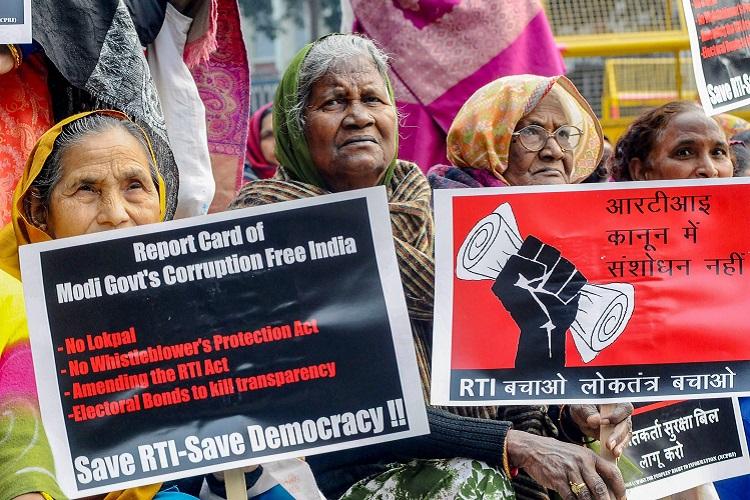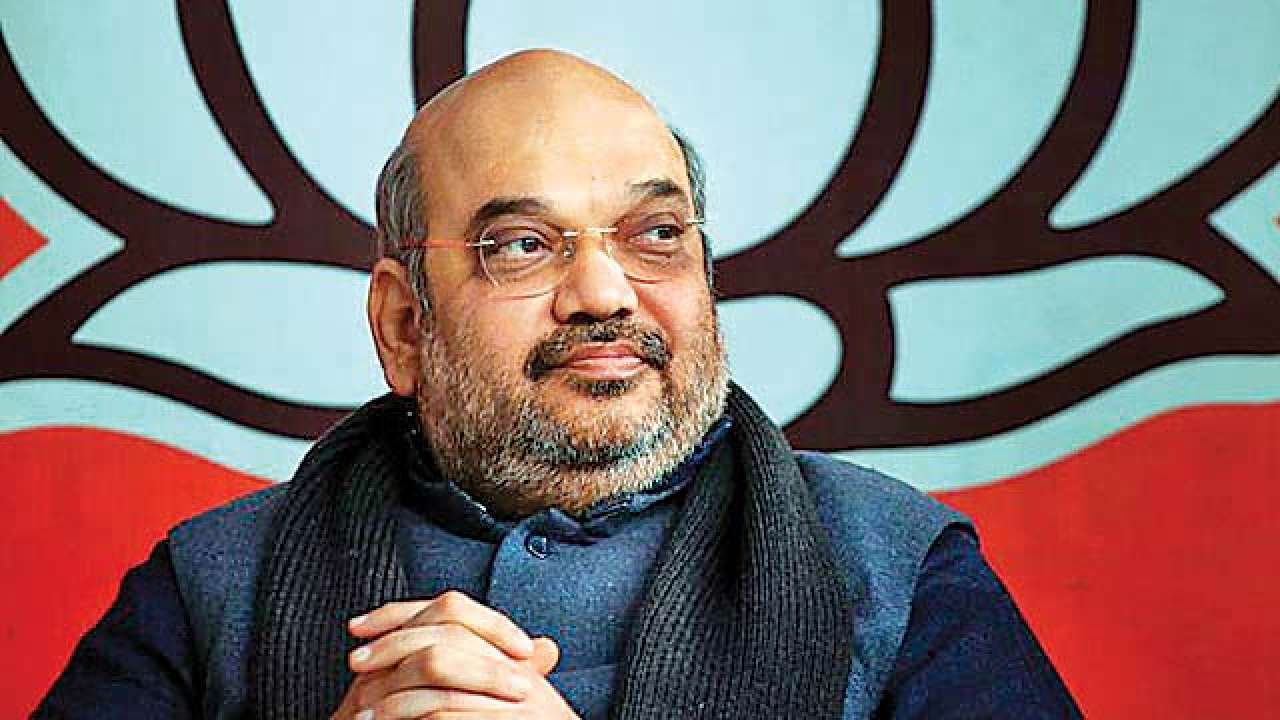
It was in July 2018 that the present government first attempted to bring key amendments to the RTI Act 2005. The proposed amendment bill was not put out for public debate, but a public benefactor within the government leaked it; which followed protest from civil society and opposition parties and forced the BJP government to withdraw its attempts at bringing about amendments in the bill. Following its comprehensive victory in the 2019 Lok Sabha elections, the BJP government used it brute majority to finally amend the bill, which was passed in the upper house of the Parliament last week, ending the somewhat glorious history of an act which led to empowerment of the Indian citizens.
The original RTI Act (2005) equated the status of the Central Information Commissioners (CICs) with the Election Commissioners and the State Information Commissioners with that of the Chief Secretary in the States, so that they can function independently. But the Right to Information (Amendments) Bill, 2019 has dismantled these very important provisions. This will thoroughly empower the Central government to unilaterally decide the tenure, salary, allowances and other terms of service of Information Commissioners, both at the Centre and the States, which means that their previously autonomous nature has been fundamentally damaged.
The government in its last tenure did not release data on unemployment, farmer suicide and crime on a regular basis, while the findings of the caste census which were completed in 2011, have been put into cold storage.
These amendments in the RTI Act are akin to any surgical strike, which only intends to damage key elements while leaving the surroundings undamaged. Now, with the RTI Amendment Bill 2019 in place, the key of the original RTI act i.e. autonomy from the government -which made it powerful and effective – has been compromised with, this means that the citizens of India are now left with a mere caricature of the original act.
The key elements have been dismantled, while the structure in its dilapidated form still survives.
At least 51 RTI activists have been killed, at least 5 were forced to commit suicide and there are more than 300 registered cases of harassment of RTI activists.
The RTI Amendment Bill 2019 should also be seen in the context of present government’s track record in the context of data which had the potential to challenge their claims of good governance. The government in its last tenure did not release data on unemployment, farmer suicide and crime on a regular basis, while the findings of the caste census which were completed in 2011, have been put into cold storage.
The National Crime Records Bureau (NCRB), which analyzes data related to various crimes and used to published report on yearly basis, with state wise breakdown of crime statistics, published its last such report in 2016.
Similarly, the last data on farmer’s suicide by NCRB was published in 2015. The National Sample Survey Office (NSSO) which also compiles data on un/employment was barred from releasing its 2017-18 reports, which lead to resignation of 2 non-government members of the institution.
Later the leaked data on unemployment from NSSO, showed that the country is facing its highest ever unemployment rate in last 45 years, which was later confirmed by the government which released the concerned data only after election results. Now, with a toothless RTI the government can sit very comfortably over these problematic data, without any accountability.
In its run up to the 2014 general elections, the present government promised more transparency and accountability in governance. But instead of going by what they promised, the government has taken endless U- turns and has only worked relentlessly to undermine various state institutions.
Based on Media reports, until now at least 51 RTI activists have been killed, at least 5 were forced to commit suicide and there are more than 300 registered cases of harassment of RTI activists. Moreover, in rural areas, there have been several cases of social ostracism and boycott of those who seek information under the RTI about issues related to local elected bodies. The government has done nothing concrete to address these important issues related with transparency and accountability in governance, as the Whistleblower Protection Act remains unimplemented.
These amendments in the RTI act 2005 are in continuity with the policy of BJP government to undermine the autonomy of several essential institutions like the RBI, the CBI, UPSC, UGC, the Supreme Court, Central vigilance Commission, the ED, and Election Commission etc. in its previous tenure. The autonomy of these bodies from the government was a guarantee against the excesses of the state and ensured a functional democracy and fixed accountability. But these continuous attacks on autonomous character of one institution after another are a serious threat to the functioning of what has been described as the world’s largest democracy. These amendments in the RTI act will lead to nothing but dis-empowerment and disfranchisement of common people of India.









